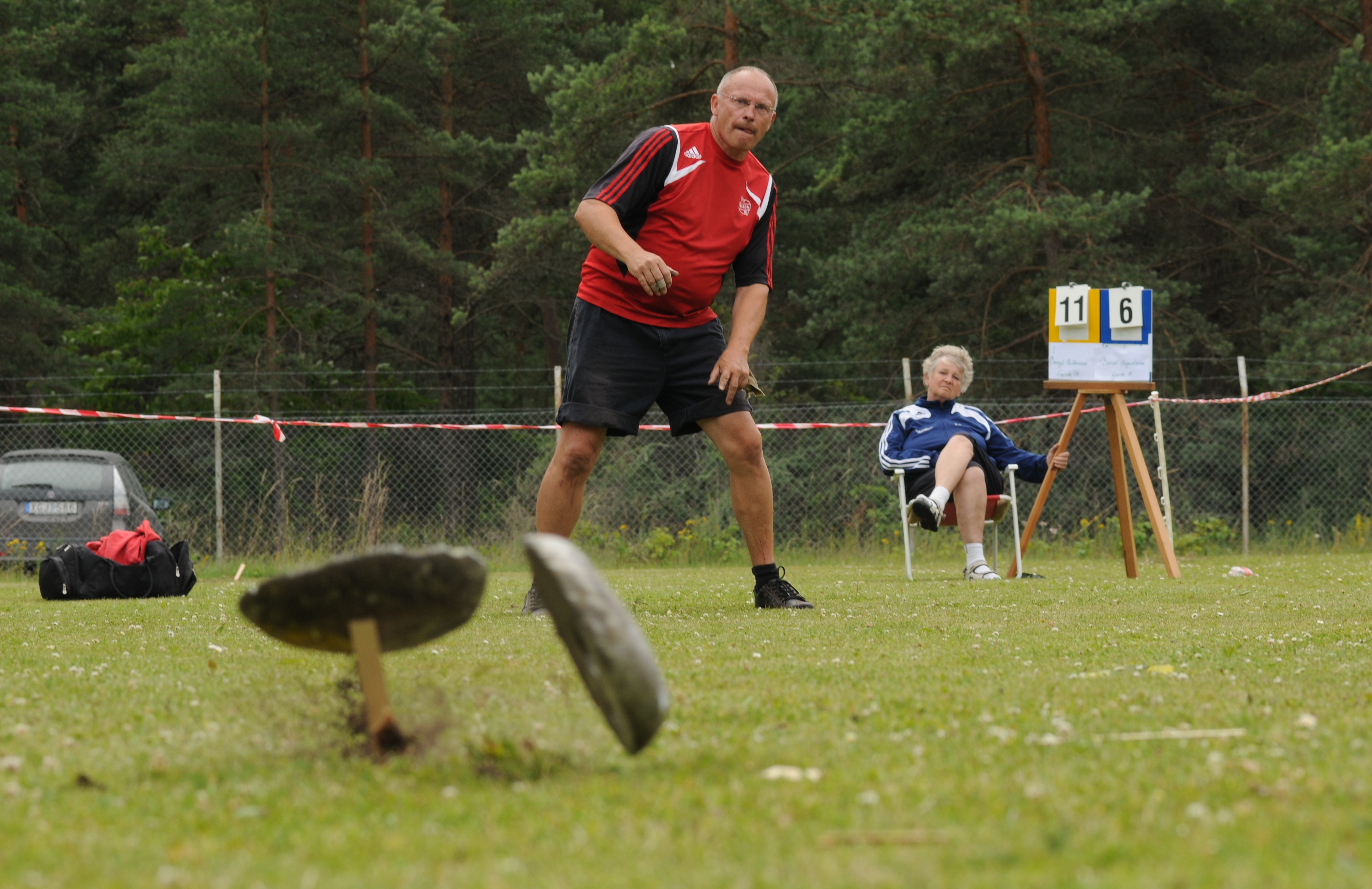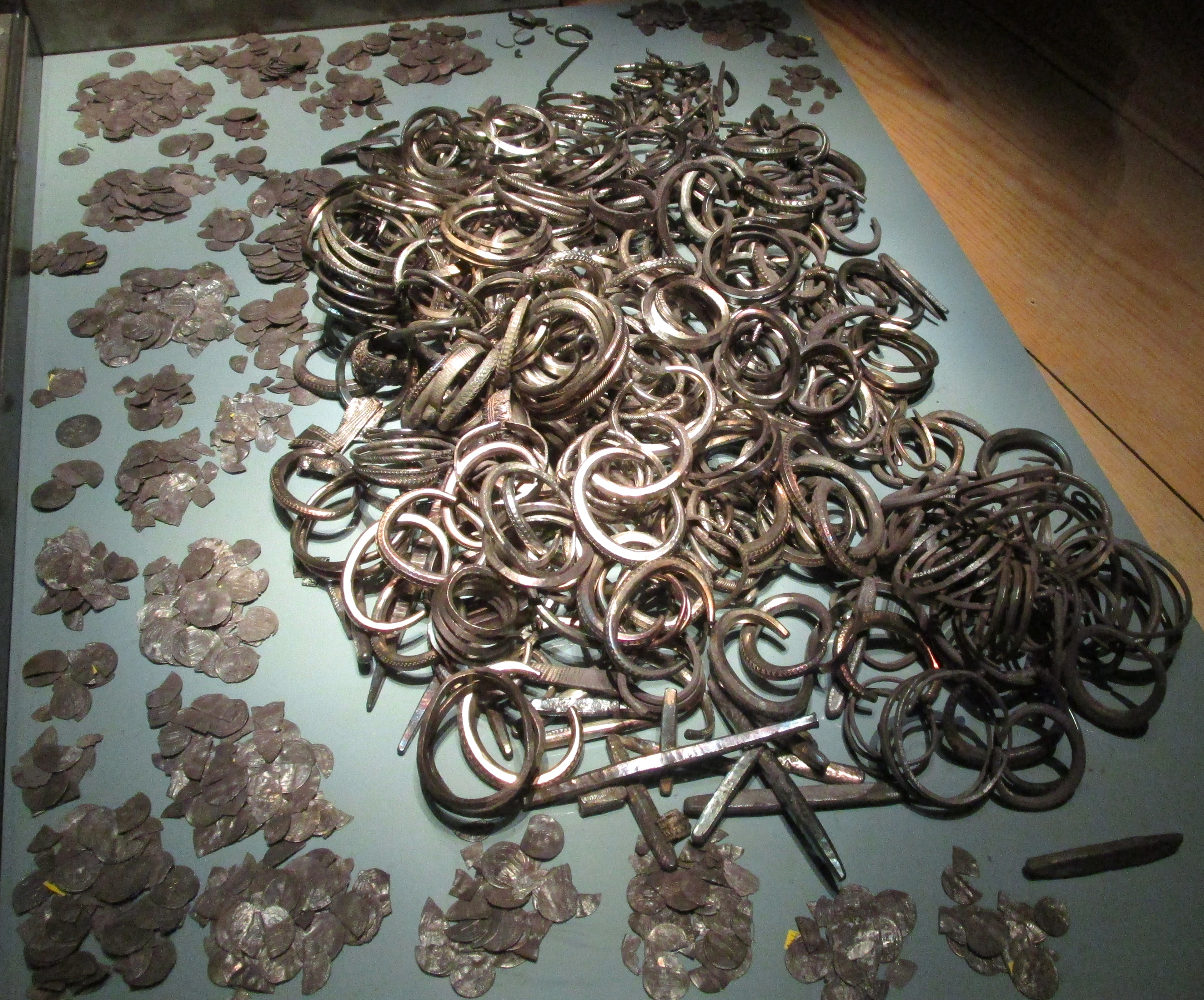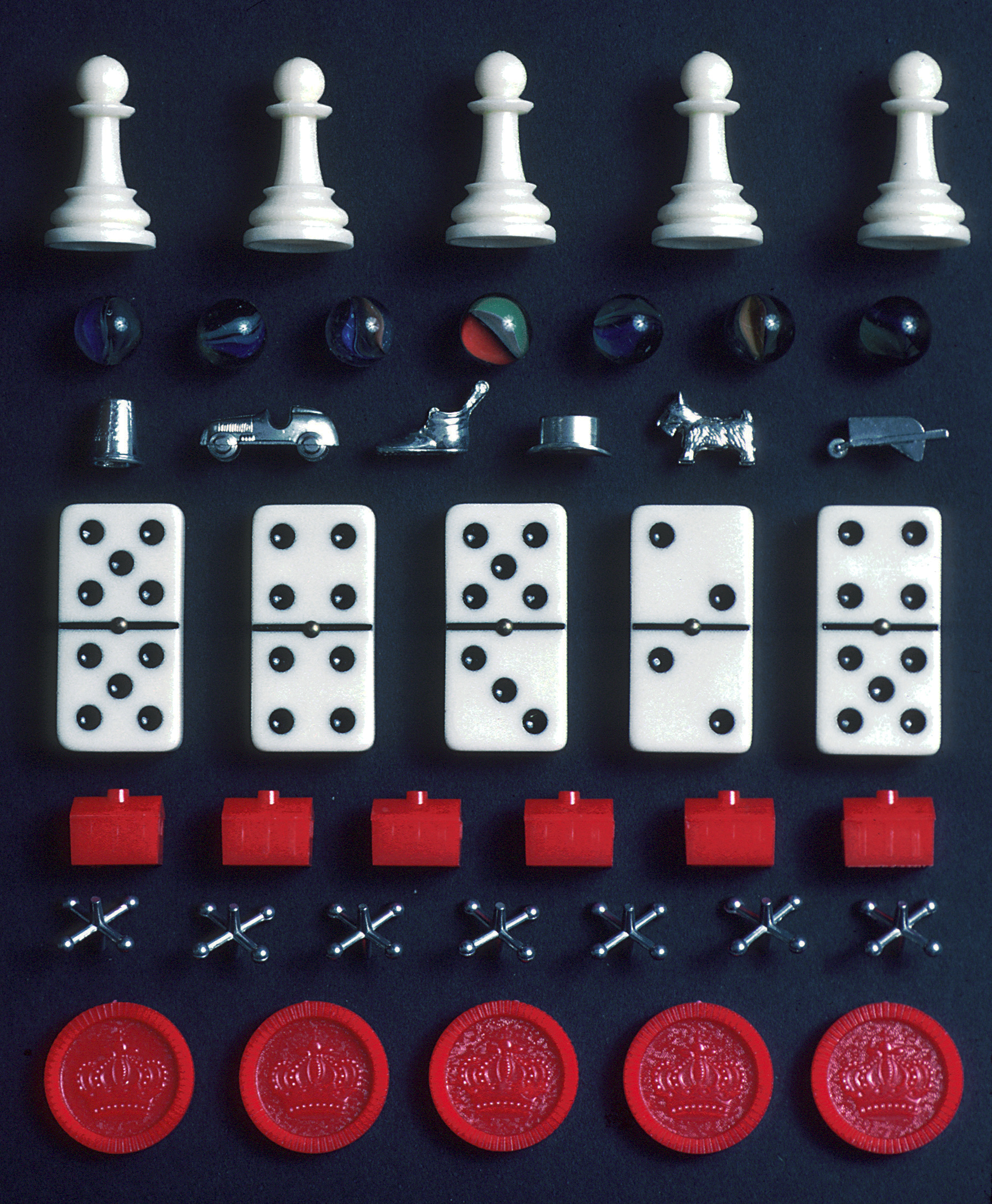|
Varpa
Varpa is an outdoor game of physical skill that allegedly dates back to the Viking Age and survived in Gotland. It is similar to boules and horseshoes but is played with a flat and heavy object called a "varpa" instead of balls. Varpas used to be well-shaped stones, but nowadays, aluminium is more popular. A varpa can weigh between . The object of the game is to throw the varpa as close to a stick as possible. The stick is away for women and away for men. The game can be played individually or in teams. No official nationally sponsored varpa teams exist; however, unofficial leagues are growing in popularity among youth in suburban areas of Sweden and Norway. "Varpa" is an old word which simply means "to throw". Varpa is one of the disciplines at the annual Stånga Games (''Stångaspelen''). See also * Caber toss References Games of physical skill Gotland {{sport-stub ... [...More Info...] [...Related Items...] OR: [Wikipedia] [Google] [Baidu] |
Gotland
Gotland (; ; ''Gutland'' in Gutnish), also historically spelled Gottland or Gothland (), is Sweden's largest island. It is also a Provinces of Sweden, province/Counties of Sweden, county (Swedish län), Municipalities of Sweden, municipality, and List of dioceses, deaneries and parishes of the Church of Sweden, diocese. The province includes the islands of Fårö and Gotska Sandön to the north, as well as the Karlsö Islands (Lilla Karlsö, Lilla and Stora Karlsö, Stora) to the west. The population is 61,023 (2024) of which about 23,600 live in Visby, the main town. Outside Visby, there are minor settlements and a mainly rural population. The island of Gotland and the other areas of the province of Gotland make up less than one percent of Sweden's total land area. The county formed by the archipelago is the second smallest by area and is the least populated in Sweden. In spite of the small size due to its narrow width, the driving distance between the furthermost points of the ... [...More Info...] [...Related Items...] OR: [Wikipedia] [Google] [Baidu] |
Boules
Boules (, ), or ''jeu de boules'', is a collective name for a wide range of games similar to bowls and bocce in which the objective is to throw or roll heavy balls as closely as possible to a small target ball, called the ''jack''. 'Boules' itself is a French loanword that usually refers to the game especially played in France. Boules-type games are traditional and popular in many European countries and are also popular in some former French colonies in Africa and Asia. Boules games are often played in open spaces (town squares and parks) in villages and towns. Dedicated playing areas for boules-type games are typically large, level, rectangular courts made of flattened earth, gravel, or crushed stone, enclosed in wooden rails or back boards. To win, a team must reach 15 points, with a few exceptions. Boules games in history As early as the 6th century BC the ancient Greeks are recorded to have played a game of tossing coins, then flat stones, and later stone balls, called ... [...More Info...] [...Related Items...] OR: [Wikipedia] [Google] [Baidu] |
Stånga Games
The Stånga Games (in Swedish Stångaspelen), also referred to as the "Gotland Olympic Games", is an annual sports competition in Stånga on the Swedish island of Gotland. The first Stånga Games were held on 27 July 1924. The games are held during five days around the second weekend in July and gathers about 2000 participants. Competitions are held in various Gutnish disciplines, some dating back to the Viking Age. History The first competition was held in 1882. From the late 1880s, general Gotland athletics competitions were held several times per decade. In 1912, a special association was formed - "Föreningen Gotländsk Idrott" (FGI) with the mission of promoting the Gotland sports games. In 1924, FGI decided to arrange a Gothic sport competition in Stånga. Reinhold Dahlgren (1886-1968), a high school teacher from Östergarn organized the competition annually starting 1933 calling it officially Stångaspelen. The Stånga municipality gave the games a central location in St� ... [...More Info...] [...Related Items...] OR: [Wikipedia] [Google] [Baidu] |
Game Of Physical Skill
A game is a structured type of play usually undertaken for entertainment or fun, and sometimes used as an educational tool. Many games are also considered to be work (such as professional players of spectator sports or video games) or art (such as games involving an artistic layout such as mahjong, solitaire, or some video games). Games have a wide range of occasions, reflecting both the generality of its concept and the variety of its play. Games are sometimes played purely for enjoyment, sometimes for achievement or reward as well. They can be played alone, in teams, or online; by amateurs or by professionals. The players may have an audience of non-players, such as when people are entertained by watching a chess championship. On the other hand, players in a game may constitute their own audience as they take their turn to play. Often, part of the entertainment for children playing a game is deciding who is part of their audience and who participates as a player. A to ... [...More Info...] [...Related Items...] OR: [Wikipedia] [Google] [Baidu] |
Viking Age
The Viking Age (about ) was the period during the Middle Ages when Norsemen known as Vikings undertook large-scale raiding, colonising, conquest, and trading throughout Europe and reached North America. The Viking Age applies not only to their homeland of Scandinavia but also to any place significantly settled by North Germanic peoples, Scandinavians during the period. Although few of the Scandinavians of the Viking Age were Vikings in the sense of being engaged in piracy, they are often referred to as ''Vikings'' as well as ''Norsemen''. Voyaging by sea from their homelands in Denmark, Norway, and Sweden, the Norse people settled in the Viking activity in the British Isles, British Isles, History of Ireland (800–1169), Ireland, the Faroe Islands, Settlement of Iceland, Iceland, Norse settlements in Greenland, Greenland, History of Normandy, Normandy, and the Baltic Sea, Baltic coast and along the Trade route from the Varangians to the Greeks, Dnieper and Volga trade rout ... [...More Info...] [...Related Items...] OR: [Wikipedia] [Google] [Baidu] |
Caber Toss
The caber toss () is a traditional Scottish athletic event in which competitors toss a large tapered pole called a "caber" (), normally practised at the Scottish Highland Games. The term "caber" derives from the Gaelic word ''cabar'', which refers to a wooden beam, and the person tossing the caber is called a "tosser" or a "thrower". In Scotland, the caber is usually made from a larch tree, and it can be between tall and weigh . Although the sport is primarily associated with Scotland, a similar exercise, "casting the bar", was popular in England in the 16th century, and similar sports exist around the world, such as stångstörtning in Sweden. Objective and technique The primary objective is to toss the caber so that it turns end over end, falling away from the tosser. Ideally it should fall directly away from the tosser in the "12 o'clock" position. The tosser balances the caber upright, tapered end downwards, against his or her shoulder and neck, the caber being ... [...More Info...] [...Related Items...] OR: [Wikipedia] [Google] [Baidu] |
Games Of Physical Skill
A game of skill is a game where the outcome is determined mainly by mental or physical skill, rather than chance. Alternatively, a game of chance is one where its outcome is strongly influenced by some randomizing device, such as dice, spinning tops, playing cards, roulette wheels, or numbered balls drawn from a container. While a game of chance may have some skill element to it, chance generally plays a greater role in determining its outcome. A game of skill may also have elements of chance, but skill plays a greater role in determining its outcome. Some commonly played games of skill and chance include: poker, collectible card games, contract bridge, backgammon and mahjong. Most games of skill also involve a degree of chance, due to natural aspects of the environment, a randomizing device (such as dice, playing cards or a coin flip), or guessing due to incomplete information. For many games where skill is a component alongside chance, such as card games like poker but ... [...More Info...] [...Related Items...] OR: [Wikipedia] [Google] [Baidu] |





